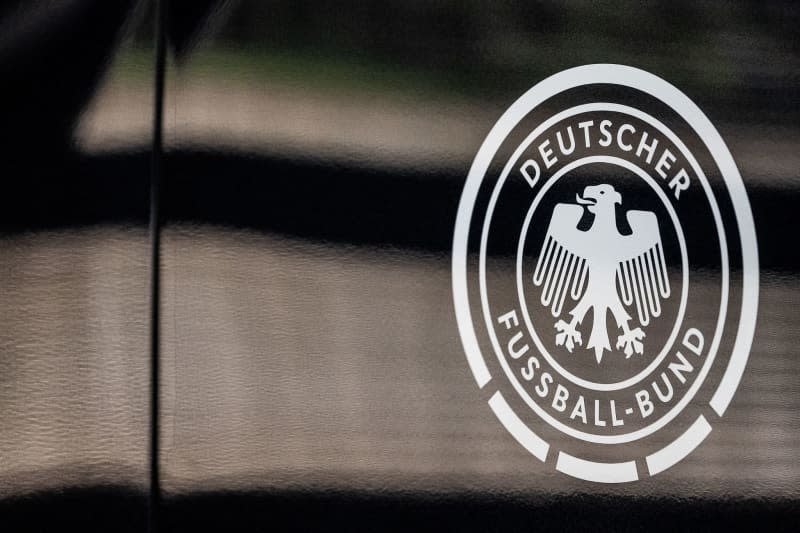German sporting bodies get tough on hate speech against athletes

In cooperation with the German Football Association (DFB), Germany's Central Office for Combating Cybercrime (ZIT) has so far initiated 45 investigations into hate speech online.
Athletes are repeatedly exposed to hate comments on the internet - especially during major events such as the European Football Championships or the Olympics.
According to Benjamin Krause from the ZIT, 15 suspects have been "identified beyond doubt."
The Central Office for Combating Cybercrime is part of the Public Prosecutor General's Office in Frankfurt am Main and is the first point of contact for the Federal Criminal Police Office for internet offences where local jurisdiction in Germany is still unclear or in mass proceedings against a large number of suspects nationwide.
This Monday, the DFB, the German Olympic Sports Confederation (DOSB) and the German Football League (DFL) want to provide information on the legal approach to cybercrime against athletes with a view to the European Football Championship and the Olympic Games in the summer.
The three organizations announced in advance that they would use the means of criminal prosecution to protect athletes from online attacks.
In German law, hate speech is not a uniformly defined term and is understood by law enforcement agencies such as the ZIT as "hate crime on the internet."
This term includes postings on social networks or websites or text messages, images or memes via email, chat or messenger that attack individuals or groups of people.
According to the Federal Ministry of Justice, there is no specific provision in the German Criminal Code (StGB) that explicitly criminalizes hate speech.
However, there are a number of standards that address the phenomenon and criminalize certain types of behaviour that may fall under the term.
These include the offences of insulting, inciting hatred, rewarding and approving criminal offences, threatening and disturbing the public peace by threatening to commit criminal offences.
In cooperation with the DFB, the ZIT receives reports of hate speech to the detriment of national team players in the youth and adult game as well as to the detriment of referees.
When processing reports, the ZIT first checks whether the reported statement is relevant under criminal law and, if it is relevant under criminal law, carries out investigations to identify the suspects.
The case is then passed on by the ZIT to the relevant public prosecutor's office for further processing, as judicial jurisdiction is generally based on the place of the offence or the offender's whereabouts at the time of the offence.

